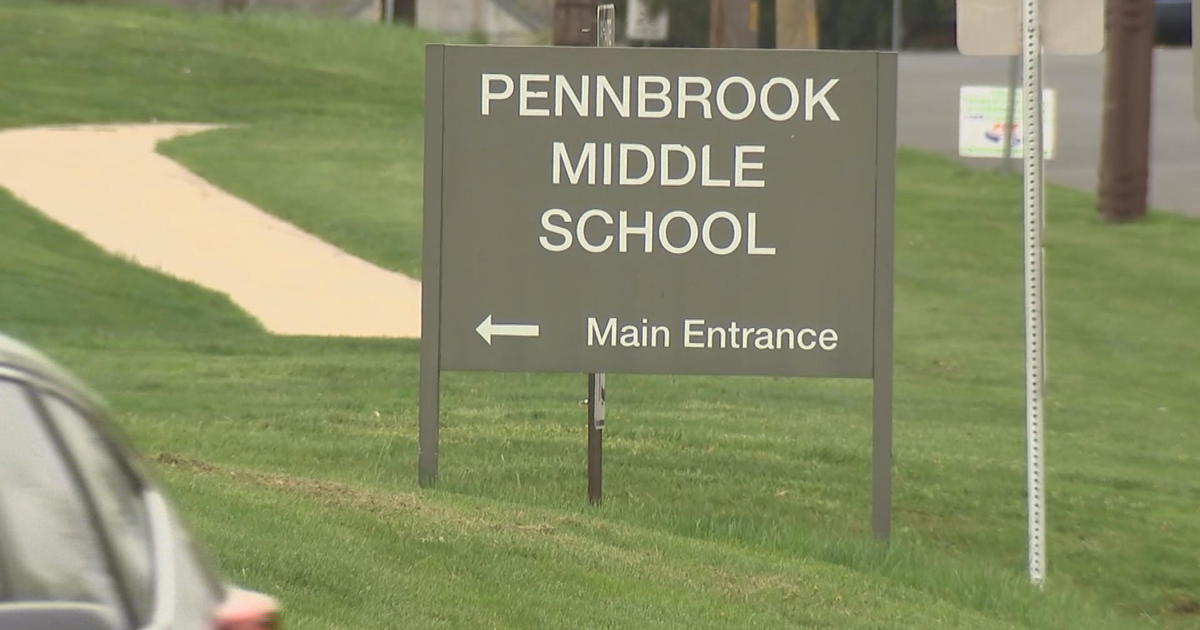UPenn Neurologists Finding New Ways To Diagnose, Treat Dementia Early
PHILADELPHIA (CBS) -- Actor David Cassidy, in an emotional appearance on Dr. Phil Wednesday, talked about his memory loss that started in his early 60s.
Neurologists at University of Pennsylvania are finding new ways to diagnose and treat the various forms of dementia early.
Cassidy says he wasn't surprised when doctors told him he had the brain disorder because it runs in his family.
"When friends and family members begin to say to you, 'remember I just told you this,'" Cassidy said.
The 66-year-old former teenage heartthrob from the Partridge Family TV show says he decided to go public when he forgot words to songs he has been singing for decades.
"That's when I began to be very concerned." Cassidy explained.
He's not alone, dementia and Alzheimer's disease affect millions of families.
Dr. David Irwin with Penn's Frontotemporal Dementia Center says PET scans highlighting abnormalities in the brain can now help pinpoint different kinds of dementia - Alzheimer's Disease or Frontotemporal dementia or Lewy Body Disease.
"We would like to first differentiate these types of disorders and then also be able to diagnose them early," Dr. Irwin said.
With no cure early diagnosis and treatment can sometimes help slow progression of dementia which is identified with certain proteins in the brain.
"I'm trying to detect the accumulation of these proteins before patients have symptoms so they can get specific treatment that would target them," says Dr. Irwin.
Brains of deceased patients are the only sure way to diagnose Alzheimer's. Looking at the brain samples Dr. Irwin says, "That part of the brain is the hippocampus, the memory part of brain, it specializes in making new memories so that's why with most patients with Alzheimer's disease we see loss of tissue in that region which corresponds with their memory symptoms."
The research is essentially working backward, the brain samples are compared to imaging and spinal fluid taken before the patient dies - all aimed at finding better treatments.
It's not know exactly what causes dementia which can strike anyone, but it's usually associated with aging. There's also a genetic link and can be related to a brain injury.



